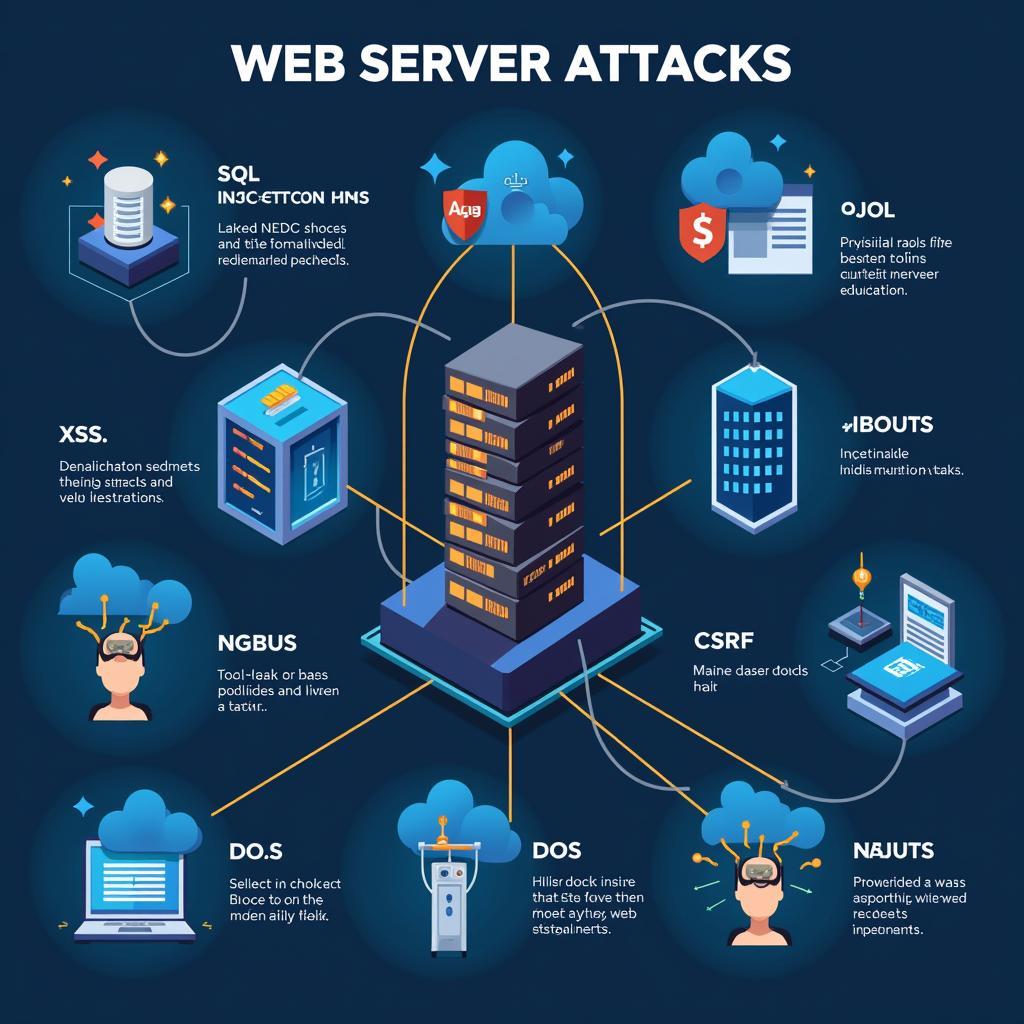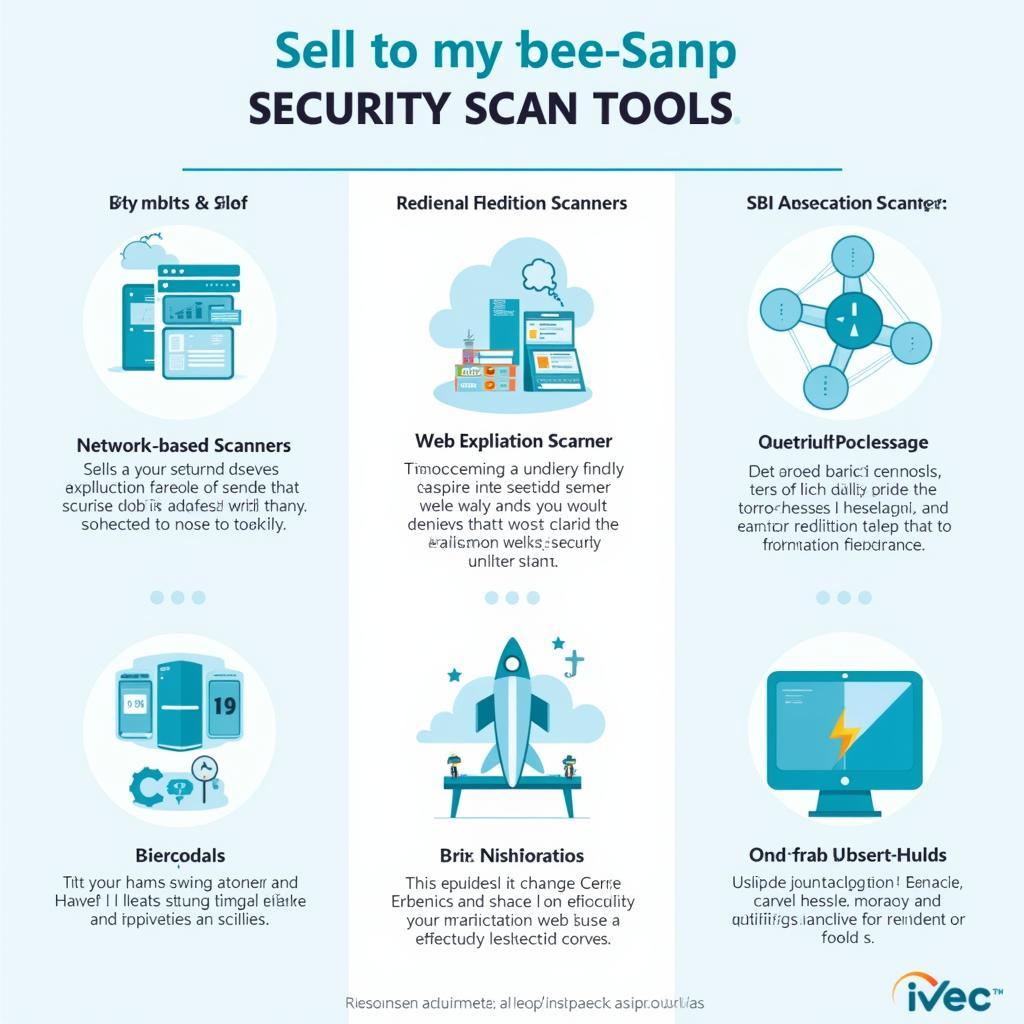Web server security scan tools are essential for identifying vulnerabilities and protecting your online presence. These tools automate the process of checking your web server for potential weaknesses that hackers could exploit. By using these tools, you can proactively address security risks and ensure the safety of your data and your users’ information.
Choosing the right web server security scanning tool can be daunting, given the wide variety of options available. From open-source solutions to premium enterprise-grade platforms, the market is flooded with tools promising robust security. This guide will help you navigate the complexities of web server security, understand the different types of scanning tools available, and choose the best solution for your needs. We’ll cover everything from basic vulnerability scanning to advanced penetration testing techniques.
Understanding Web Server Vulnerabilities
Before diving into the tools, it’s crucial to understand the common vulnerabilities that web servers face. These can include SQL injection, cross-site scripting (XSS), cross-site request forgery (CSRF), insecure file permissions, and outdated software. Understanding these vulnerabilities is the first step towards mitigating them effectively.
Common Types of Web Server Attacks
Knowing the types of attacks that can exploit these vulnerabilities helps you prioritize security measures. These attacks can range from simple denial-of-service (DoS) attacks to sophisticated data breaches. Being aware of these threats will help you choose the right web server security scan tools.
 Common Web Server Attack Types
Common Web Server Attack Types
Types of Web Server Security Scan Tools
There are several types of web server security scan tools, each designed to identify different types of vulnerabilities. Choosing the right tool depends on your specific needs and the level of security you require.
Network-Based Scanners
These tools scan your network from the outside, simulating a hacker’s perspective. They identify open ports, vulnerable services, and potential weaknesses in your firewall.
Web Application Scanners
These tools specifically target web applications, looking for vulnerabilities like SQL injection and XSS. They analyze the application’s code and behavior to identify potential security flaws.
Vulnerability Scanners
These tools scan for known vulnerabilities in your web server software and applications. They compare your system against a database of known vulnerabilities and alert you to any potential risks. Check out our guide on PCI internal scan tools for more information on internal network security.
 Different Types of Web Server Security Scan Tools
Different Types of Web Server Security Scan Tools
Choosing the Right Web Server Security Scan Tool
Selecting the right tool can be a challenge. Consider factors like the size of your network, the complexity of your web applications, and your budget.
Open-Source vs. Commercial Tools
Open-source tools offer flexibility and cost-effectiveness, while commercial tools often provide more advanced features and support. Explore options like vulnerability scanning tools github for open-source options.
Features to Look For
Essential features include automated scanning, detailed reporting, vulnerability prioritization, and integration with other security tools. You might also find our guide on scan to SMB setup tool useful.
Best Practices for Web Server Security Scanning
Regular scanning is crucial. Schedule scans at least monthly, and more frequently if you make significant changes to your web server or applications. You might consider exploring Sucuri website scanning tool for comprehensive website security checks.
Interpreting Scan Results
Understanding the scan results is essential. Don’t just rely on the tool’s automated reports; analyze the findings carefully and prioritize the most critical vulnerabilities. For more on external vulnerabilities, check out our guide on open source external vulnerability scan tools.
Conclusion
Web server security scan tools are indispensable for maintaining a secure online presence. By using these tools effectively and following best practices, you can proactively protect your web server from potential threats and safeguard your valuable data. Regularly scanning your web server with web server security scan tools is a crucial step in maintaining a robust security posture.
FAQ
- How often should I scan my web server?
- What are the most common web server vulnerabilities?
- Are open-source security scan tools effective?
- How do I interpret the results of a web server security scan?
- What are the benefits of using automated web server security scan tools?
- How can I choose the best web server security scan tool for my needs?
- What are the different types of web server security scan tools available?
Common Scenarios
- Scenario 1: A small business owner wants to ensure their website is secure from common attacks.
- Scenario 2: A large enterprise needs to comply with industry regulations and protect sensitive customer data.
- Scenario 3: A developer wants to integrate security scanning into their development workflow.
Further Exploration
Explore more articles on our website related to network security, vulnerability assessment, and penetration testing.
Contact Us
Need support? Contact us via WhatsApp: +1(641)206-8880, Email: [email protected] Or visit us at: 276 Reock St, City of Orange, NJ 07050, United States. We have a 24/7 customer support team.


